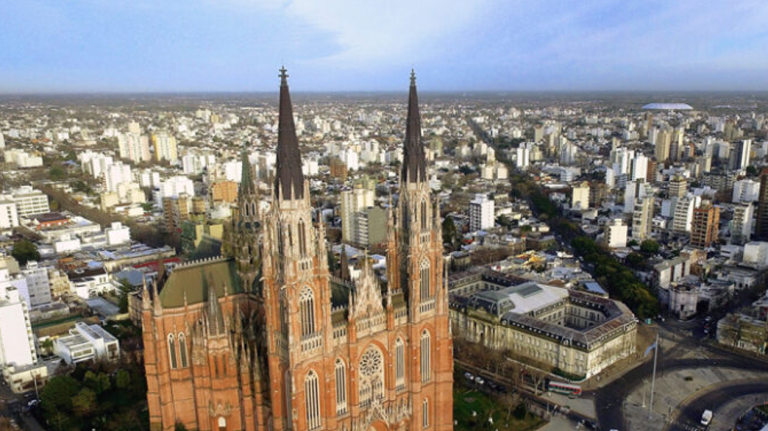Affiliate member from 2019 to 2021
Buenos Aires excelled in publishing infrastructure data during its membership.
Prior to CoST: Public infrastructure in context
Argentina and the Province of Buenos Aires, in particular, have been working towards greater transparency and accountability in government through various measures.
In 2016, the Strategic Plan for the Modernisation of Public Administration was passed, leading to the creation of the Open Data Portal that same year, which publicised data from across government departments on various projects. In 2018, Open Province, which drew together different transparency initiatives, specifically focused on Buenos Aires.
One of the main challenges in increasing transparency in Buenos Aires was a lack of online information. As much of the data held by the province was paper-based, accountability measures were difficult to implement, and government departments found themselves duplicating efforts.
However, with the online platforms in place, the province aimed to reach international standards in infrastructure transparency and saw CoST membership as key to achieving this goal. The Province of Buenos Aires was the CoST’s first affiliate member and the second sub-national government to join the initiative, following the Sekondi-Takoradi Metropolitan Assembly in Ghana, which joined in early 2019.
CoST Buenos Aires: How it all began
In 2016, the City of Buenos Aires established BA Obras, a platform that enables residents to track over 800 ongoing public works projects in the city. In 2017, the Province of Buenos Aires decided to replicate BA Obras on a provincial scale in a platform called the Portal of Open Works in Buenos Aires.
The Province of Buenos Aires decided to adopt specific CoST tools and standards as part of the affiliate membership category. Incorporating open data standards into the Portal of Open Works formed a fundamental part of their proposal, which included ensuring that information on the portal was easily accessible to citizens.
While expanding the data portal to the entire province was a challenging task due to the limited availability of online data, CoST supported Buenos Aires by drawing on its experience in developing similar tools in Honduras, Ukraine, Thailand, and Malawi. The portal was expected to hold information on 3,000 public work projects, a huge step towards more transparent and accountable infrastructure transparency.
The application to join CoST as affiliate members was conducted by Emmanuel Ferrario, the Undersecretary of Planning, Coordination, and Evaluation of Management. The office of the Chief of Cabinet of Ministers was also responsible for developing the application, with support from the Ministries of Infrastructure, Justice, and Education. These departments all carried out projects that would be included in the Portal of Open Works in Buenos Aires.
On 8 May 2019, the Province of Buenos Aires announced its CoST membership at Argentina Abierta, the leading event celebrating open government in Argentina. Argentina Abierta attracts over 1,500 attendees annually and hosts open government advocates from across civil society, the media, and government, making it an excellent platform from which to announce the initiative.
The CoST Affiliate Member Programme in the Province of Buenos Aires was implemented over a three-year period, successfully achieving key milestones in infrastructure transparency. One of its main accomplishments was the launch of a public infrastructure data platform, GEOINFRA, which allows citizens to access detailed information on public works across the province.
In addition, the programme organized three social audit workshops with active citizen participation. These workshops, funded by the British Embassy in Argentina, empowered local communities to monitor infrastructure projects and engage with public officials using open data tools and CoST methodologies.
The initiative highlighted the importance of transparency, civic engagement, and international cooperation in enhancing the quality and accountability of infrastructure delivery.
End of Affiliation
The Province of Buenos Aires withdrew its affiliation in 2021 due to a change in the new Government priorities. The Government migrated the data publication platform to the Infrastructure Ministry of the province of Buenos Aires.